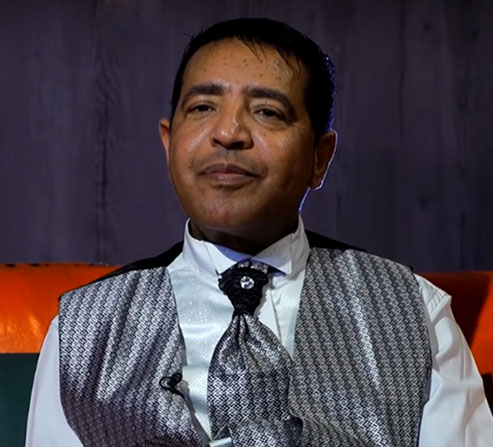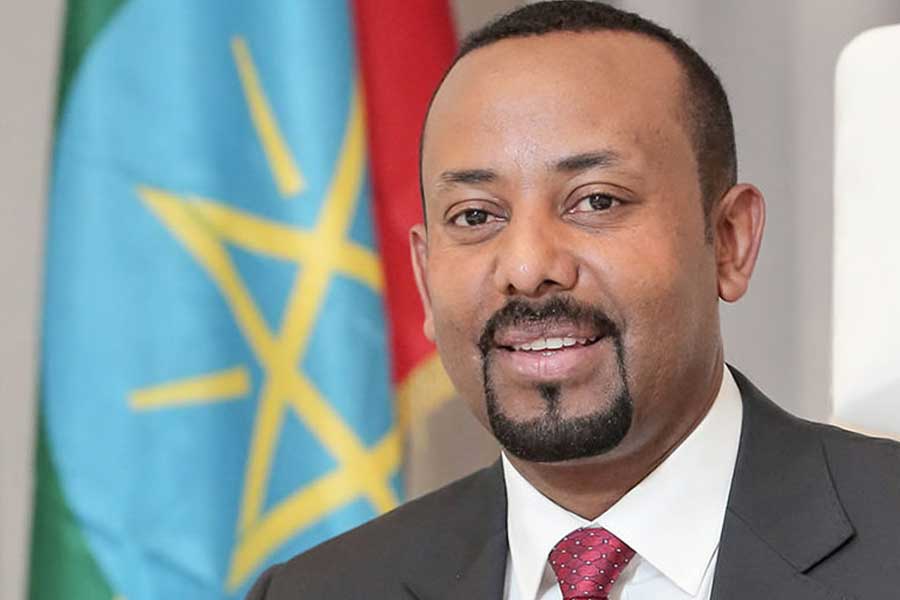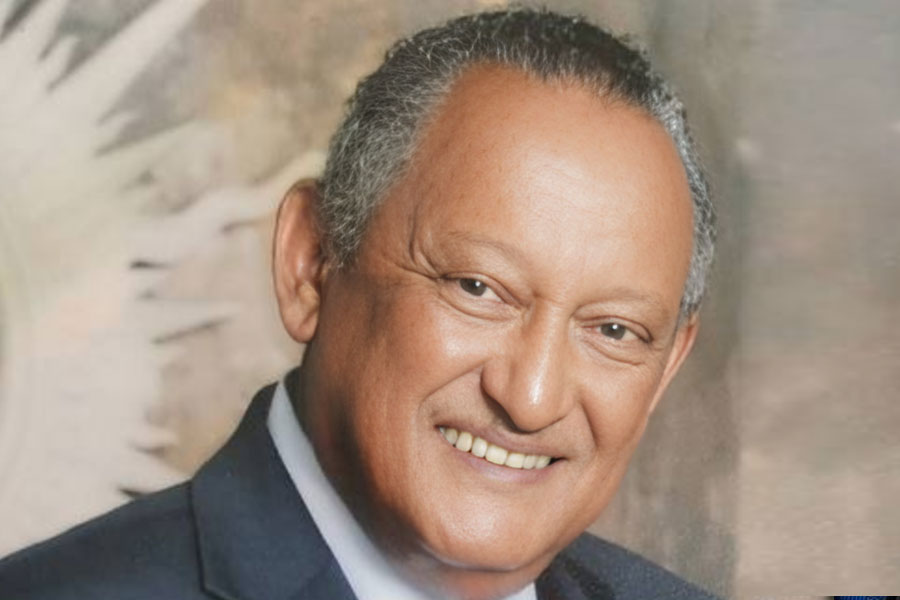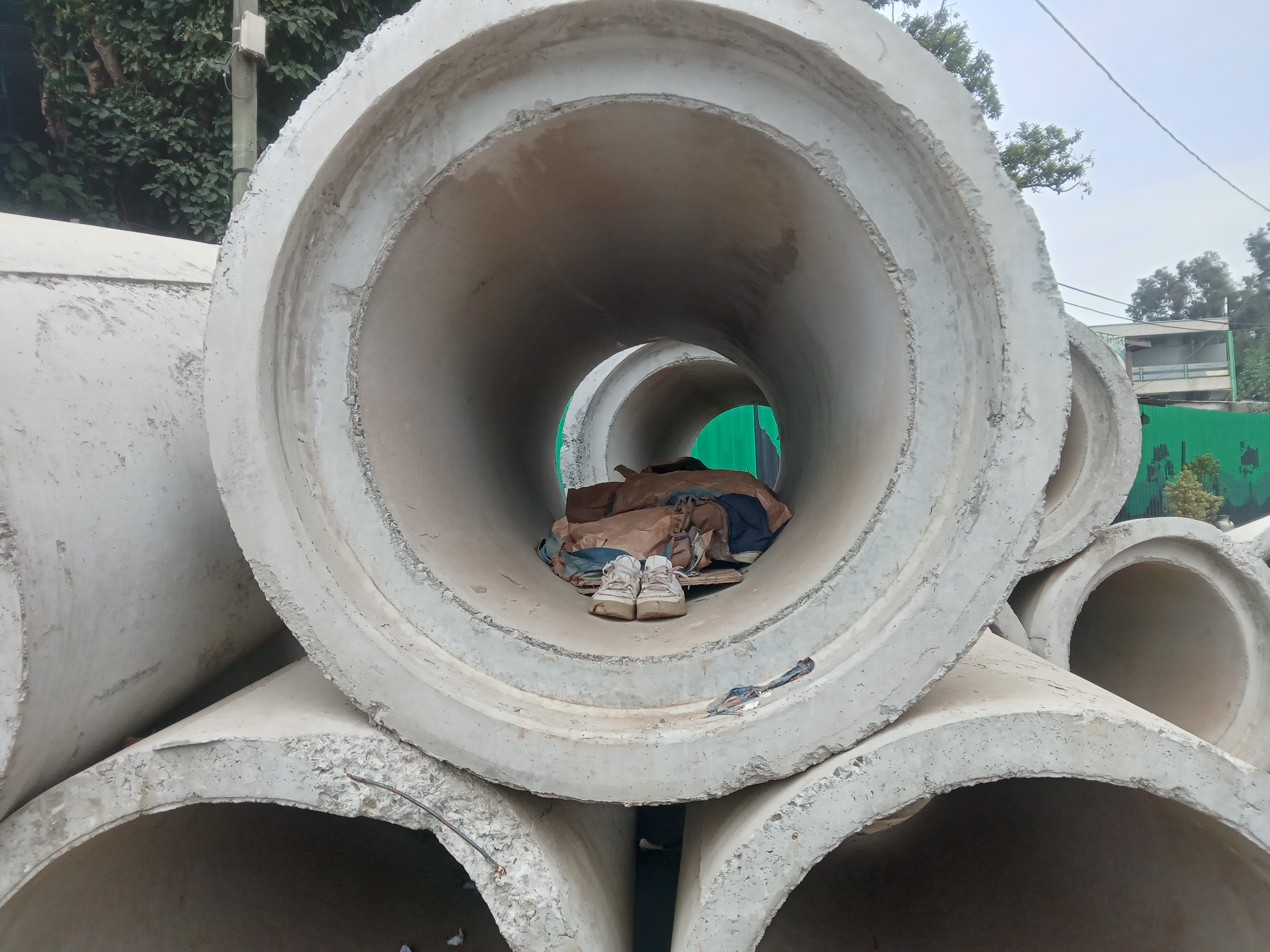
View From Arada | Apr 03,2021
Dec 19 , 2020.
There is no shortage of ironies in Ethiopia’s history. One of the cruellest, perhaps, was when a murderous military regime, the Dergue, rode on the back of a grassroots student movement to grab state power, sloganeering, “Yale Minim Dim, Ethiopia Tikdem.” Roughly translated, it means “Let Ethiopia progress without bloodshed.”
It was the sentiment that the revolution brought to an end the Solomonic Dynasty, and the socio-economic system it propped up, would be bloodless. Ethiopia did not have to fall - its student-cum-revolutionaries had thought - into the same violent unravelling that Russia or China had to go through in bringing about the supposed emancipation of the peasantry from cruel and brutal serfdom. The revolutionaries had demanded answers to the questions of land and nationalities.
Alas! It did not go that way.
Two months after the Dergueestablished itself as a provisional government, it summarily executed 60 high officials of the bureaucratic empire, including two previous prime ministers: Aklilu Habte-Wold and Endalekachew Mekonnen. There was no due process of law. Ironically, it was not too few who had justified this arbitrary act as a price that needed to paid to rid the country from Imperial Ethiopia.
It was downhill from there though.
Three years later, top officials of the Derguemet a similar fate in a power rivalry that saw Mengistu Hailemariam (Col.) come out on top. An opposition movement began the White Terror campaign, and the provisional government responded with its own Red Terror.
The civil war raged for 17 years, and the country saw the bloodiest period in its history. There were no more pretensions about a “bloodless” revolution. The Derguedid not have it, and neither did its opponents. And despite the unceasing bloodshed, the perpetuation of violence received consent from considerable circles. In the end, it was settled through brute force. Might makes right, as it was demonstrated, but exposed the deeper crisis in value of Ethiopia's society.
The Ethiopia of the late 20th and the early 21st centuries was meant to be different. In contrast, it is a more affluent, more literate society with a large and diverse professional class and is far better exposed to the outside world. It finds itself in an international system with a highly intertwined economic order and is much less ideologically entrenched.
It would seem then that experience and exposure to the rest of the world – and relative affluence – would create a coalition in society that would organise to stand firm against not just the use of violence to advance political goals but the possibility of it. It did not. Yet again, no small number of people celebrate war as a source of life and abandon peace as a cause for death. It was nothing less than a value crisis within society when the political space was allowed to devolve from one where renewal was supposed to take place to one where violence was legitimised.
This is not to claim that the two parties that eventually came to a violent blow, the federal and Tigray regional governments, did not make a call – at least gave lip service – for dialogue. The Tigray People’s Liberation Front (TPLF) did call for a political settlement through a "comprehensive and inclusive" national dialogue. Ironically, these were the same calls their leaders have had to reject while at the helm of power for over two decades.
The administration of Prime Minister Abiy Ahmed (PhD) gave the impression that it had been open to the efforts of public figures, elders and business people to mediate between the two.
The sincerity of both was rightly doubted. Adding fule to the fire was that they were supported and abated as they made decisions that led them toward a path where they had to engage militarily. This support came from the intellectual class and the political elite that gave succour to the stands that each took and the impossible standards that both set for the other to come to the table.
When the House of Federation voted to postpone the 2020 general elections without conferring with the opposition, supporters of the administration argued that the TPLF should not be allowed to be a sole arbiter on constitutional matters. When the TPLF defied the federal government, holding elections and denied the posting of a commanding general to a unit in the Northern Command, its supporters argued that it was such measures that would ensure the balance of power with the federal government.
Both had a semblance of truth to their arguments. But they also put preconditions for sitting at the negotiating table that obviously would not be accepted by the other party. They wanted a concession as payment for any dialogue that could happen, to ensure that they went into it with the upper hand. This defeated the whole purpose and made military engagement a foregone conclusion.
As they humiliated, embarrassed and in the end delegitimised one another, they were replaying a similar tune. They were playing the politics of "might makes right," whereby legitimacy is conferred on the victor through the use of violence. It made democratic ideals such as the rule of law, accountability and transparency mere afterthoughts. Political power and influence were the real prizes, which go on to determine the very character and economic balance of the country. The armed conflict in Ethiopia was foretold. It was a tragic turn of events that could have been avoided if it was not for the value crisis the country is entrapped in.
Nonetheless, that the two governments with significant weapons caches decided to leave matters to their army generals is not surprising given the history of the country. Hard to fathom is that they received support in their footing toward armed conflict. This came with a systemic marginalisation of voices that attempted to sound the alarm and refused to offer support for either of the contending parties. The cheerleaders of war on both sides have prevailed in the end.
Those that called for a peaceful resolution to political differences were called naïve, indecisive and even traitors. They were undermined, deprived of platforms for speaking out, stunting an apolitical pacifist movement from getting off the ground. An important player in this was Ethiopia's media, whose defining character is divorced from the ideals of progressivism. Both the federal and Tigray regional governments had long ago turned media outlets, owned or affiliated, into propaganda platforms unwilling to give space to voices that rejected violence as a legitimate means to a political end. Whether supporting those who see Ethiopia as a nation-state or articulating the agenda of those who want to reconstruct Ethiopia as a state for nations, the large chunk of the media is inherently a voice for reactionary forces.
But it was the echo chamber in social media that reflected the crisis of value within the public more accurately. It was fragmented into radical groups that attempted to influence the discourse and portray the armed conflict in a way that fit their narrative. Nearly half of the posts about the conflict on Twitter, for instance, were from accounts created between late October and early November, according to The Washington Post. This was by the middle of last month.
They were mostly not fake accounts but single agenda accounts created to toe the narratives of one side - mostly anti-government in this case. What did not proliferate, however, were groups that were set up and organised to condemn both parties and call out the conflict as a result of contention for state power and influence. An apolitical pacifist movement that rejected the culture of violence and war find it impossible to gain ground. It remains regrettable.
This is partly because it needs a radical stance against movements and nationalisms that require sacrifice in the form of human lives to sustain themselves. Peace movements ask of society – especially the side that has the upper hand – to resist its forward momentum in the accumulation of power. It thus is hard for such movements to exist under systems of authoritarianism, where governments can suppress voices of dissent when they mobilise consent for war. Democratic and political rights, where it is possible to organise and promote ideas, are necessary for pacifism to be an influential force in any country.
Pacifist movements are annoying in their insistence on compromise; frustrating in their claims that the powerful can be resisted through means of non-violence; and galling in their non-militarism in a world that is dangerous. They do not have all of the answers, no doubt. But their visible absence makes it possible for society to not avoid the moral predicament of sacrificing human lives for a higher purpose and summarily consent to war. That is a value crisis of deeper depth.
PUBLISHED ON
Dec 19,2020 [ VOL
21 , NO
1077]

View From Arada | Apr 03,2021

Sunday with Eden | Mar 12,2022

Fortune News | Oct 12,2019

My Opinion | Dec 10,2022

Commentaries | Dec 23,2023

Editorial | Apr 01,2023

Radar | Dec 17,2022

Obituary | Jan 28,2023

Viewpoints | Apr 02,2022

In-Picture | Aug 30,2025

Photo Gallery | 171746 Views | May 06,2019

Photo Gallery | 161983 Views | Apr 26,2019

Photo Gallery | 151726 Views | Oct 06,2021

My Opinion | 136319 Views | Aug 14,2021

Dec 22 , 2024 . By TIZITA SHEWAFERAW
Charged with transforming colossal state-owned enterprises into modern and competitiv...

Aug 18 , 2024 . By AKSAH ITALO
Although predictable Yonas Zerihun's job in the ride-hailing service is not immune to...

Jul 28 , 2024 . By TIZITA SHEWAFERAW
Unhabitual, perhaps too many, Samuel Gebreyohannes, 38, used to occasionally enjoy a couple of beers at breakfast. However, he recently swit...

Jul 13 , 2024 . By AKSAH ITALO
Investors who rely on tractors, trucks, and field vehicles for commuting, transporting commodities, and f...

Oct 5 , 2025 . By NAHOM AYELE
In Meqelle, a name long associated with industrial grit and regional pride is undergo...

Oct 5 , 2025 . By BEZAWIT HULUAGER
The federal government is set to roll out a new "motor vehicle circulation tax" in th...

Oct 5 , 2025 . By NAHOM AYELE
The Bank of Abyssinia is wrestling with the loss of a prime plot of land once leased...

Oct 5 , 2025 . By BEZAWIT HULUAGER
The Customs Commission has introduced new tariffs on a wide range of imported goods i...